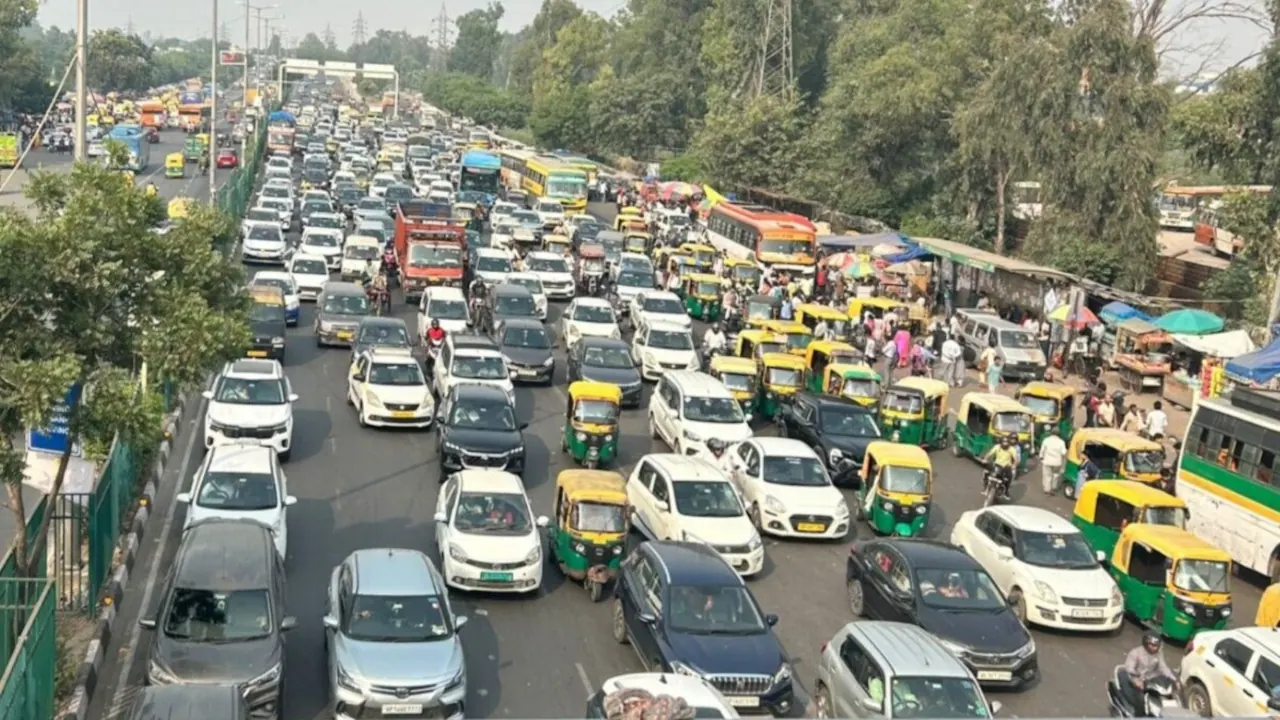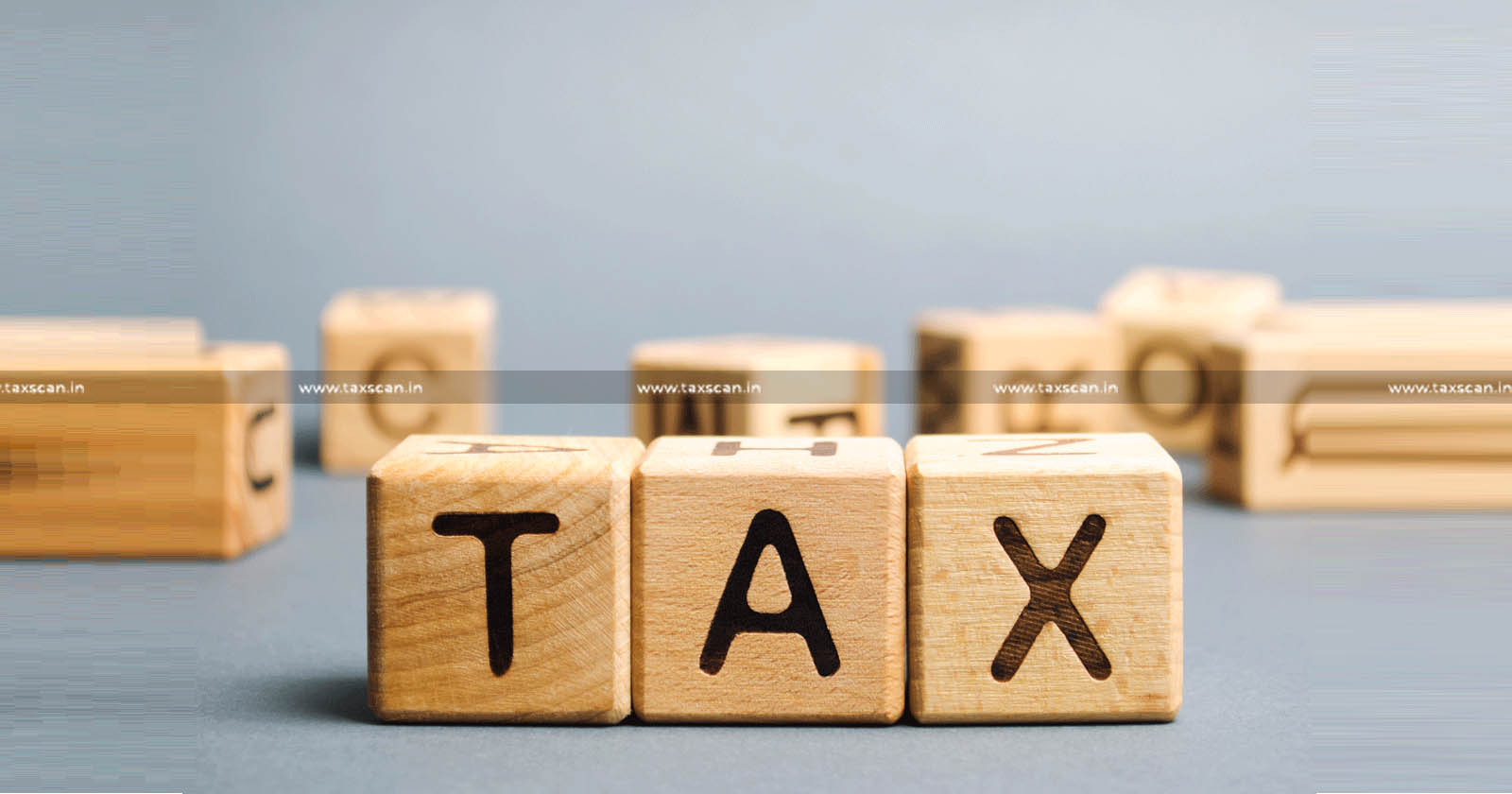Social media conversation underscored a growing sentiment: while emotional and economic factors pull NRIs back home, infrastructure shortcomings—particularly transportation chaos—push them away
For many Non-Resident Indians, returning to their homeland after years abroad is an emotional goal—especially as they approach retirement. Yet one man’s recent experience is sparking debate online after he revealed the one factor that stops many affluent NRIs from returning: India’s chaotic traffic. Having moved back with his wife after 25 years in the United States, he took to social media to share what he believes is the biggest deterrent for would-be returnees.
In a post that drew significant attention, he explained that several of his U.S.-based friends frequently ask about life in India as they consider retiring there. While he highlighted several benefits—affordable healthcare, domestic help, family support—he noted that the disorderly traffic remains a major obstacle.
The returning NRI emphasized that while congestion exists everywhere, including cities like Chicago, what frustrates NRIs is India’s lack of lane discipline, aggressive overtaking, honking, and the unpredictable nature of daily commutes
Online reactions were mixed. Some commenters argued that heavy traffic is inevitable in a country of 1.5 billion people, while others questioned why retirees would choose to live in major metros instead of quieter towns. He responded simply: “Mom,” pointing out that aging parents often determine where returning NRIs settle. Other users challenged the idea of comparing India’s infrastructure with the U.S., saying every country has trade-offs. To this, he noted that many NRIs consider returning for family, lower living costs, and available support services.
Several people suggested that private townships and gated communities could ease some of the burden, though large-scale improvement in metropolitan traffic seems unlikely in the near future due to population density, governance complexities, and competing interests.
(Disclaimer: This article is based on user-generated social media content and has not been independently verified by Pravasi Samwad.)






